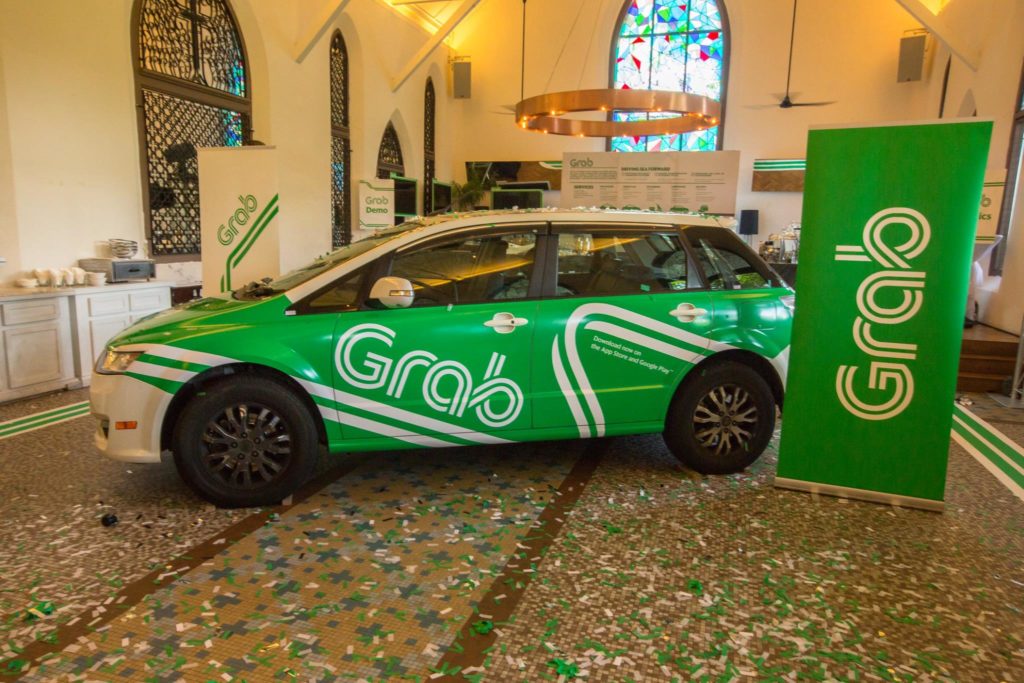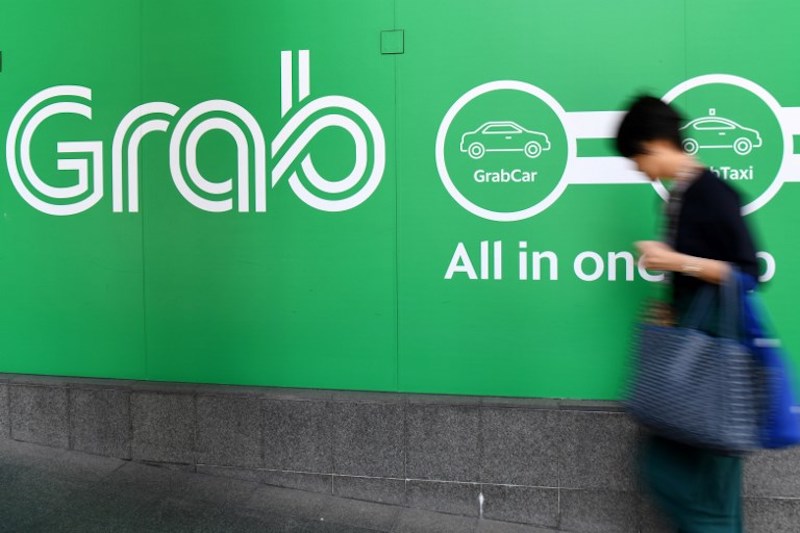Both Grab and Uber have been slapped with massive fines totaling $13,001,702 today by the Competition and Consumer Commission of Singapore (CCCS) after the watchdog determined that their merger has led to a substantial erosion of competition in the ride-hailing industry here.
Uber, which sold off its ride-sharing and food delivery operations in Southeast Asia to Grab in March, was dealt with a financial penalty of over $6.58 million. Grab — now the biggest providers of ride-hailing services in the region — will have to fork out $6.42 million in fines. The merger, however, will not be required to be undone as initially suggested, and Grab will be able to continue operating.

It’s a huge development (and possibly a conclusion) to the CCCS investigations, which was launched a day after the deal between the two ride-hailing giants was officially confirmed on Mar 26. According to CCCS, their involvement in the deal was actually much earlier on March 9, when they sent a letter to both Grab and Uber to explain Singapore’s merger notification regime and how they have the right to investigate any anti-competitive elements. But the two parties did not get CCCS’s clearance before completing the merger, and by the time Grab emerged victorious, it was too late to “restore the status quo”.
“Mergers that substantially lessen competition are prohibited and CCCS has taken action against the Grab-Uber merger because it removed Grab’s closest rival, to the detriment of Singapore drivers and riders,” noted CCCS chief executive Toh Han Li.
“Companies can continue to innovate in this market, through means other than anti-competitive mergers.”
Grabbing the market by the throat

What the competition watchdog found was damning, to say the least. CCCS determined that Grab did increase its prices — by 10 to 15 percent — after removing Uber, its closest competitor. Numerous complaints from both riders and drivers were fielded about the decrease in the amount and frequency of rider promotions and driver incentives. Changes to the GrabRewards Scheme in July 2018 reduced the number of points earned by riders per dollar spent on Grab’s trips, and increased the number of points required for redemptions.
CCCS also concluded that potential competitors in Singapore’s ride-hailing industry found it difficult to scale and expand in the market as Grab imposed exclusivity obligations on taxi companies, car rental partners and some of its drivers.
“CCCS’s assessment is confirmed by feedback from potential new entrants which indicated that without any intervention from CCCS, it would be difficult for them to attain a sufficient network of drivers and riders to provide a satisfactory product and experience to both drivers and riders so as to compete effectively against Grab.”
New directions
Aside from the millions of dollars in fines, Grab will also have to abide by CCCS’s directions to level the playing field.
- Grab will have to ensure its drivers are not required to use Grab exclusively and are free to use any ride-hailing platform.
- Grab will have to abolish any exclusive arrangements with any taxi fleet in Singapore.
- Grab will have to return to pricing algorithms and driver commission rates set before their merger with Uber. “This protects riders’ interests against excessive price surges, and drivers’ interests against increases in commissions that they pay to Grab, while not affecting Grab’s flexibility to apply dynamic pricing under normal demand and supply conditions or restricting the amount of rider promotions and driver incentives that Grab wishes to offer.”
- Uber will have to sell off its vehicles from Lion City Rentals — its fully-owned car rental partner — to any potential competitor who makes a reasonable offer for them. Uber can’t sell the vehicles to Grab without CCCS’s approval.
“Grab is committed to fair pricing”
In response to the development, Grab Singapore head Lim Kell Jay has agreed to abide by CCCS’s orders but strongly maintains its innocence.
“Grab completed the (merger with Uber) within its legal rights, and still maintains we did not intentionally or negligently breach competition laws,” he said in a statement.
Lim noted that the competition watchdog has a “very narrow market definition” about the erosion of competition, stating that commuters are free to choose between street-hail taxis and private hire cars. He also maintained that Grab fares have not been raised since the merger and that they’ve always been using the same pricing model, pricing policies and driver commissions set before the deal.
Grab’s statement also included quotes from legal counsels, both of which note that the company was well within its legal rights to embark on the merger with Uber without notifying CCCS.




